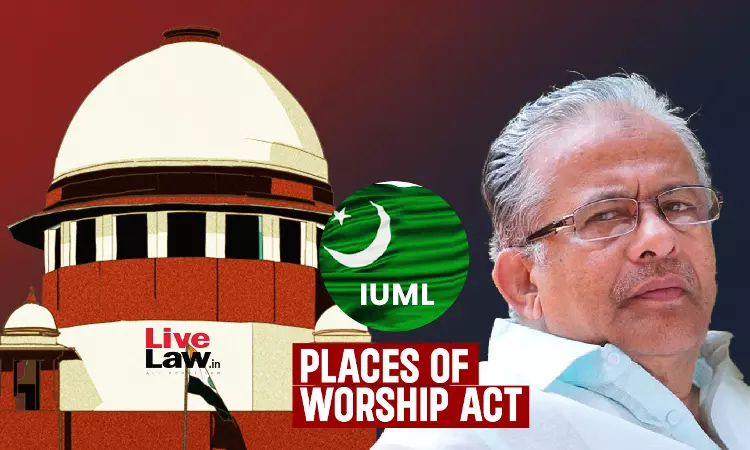The Indian Union Muslim League (represented by its General Secretary and Kerala MLA PK Kunhalikutty) and Lok Sabha MP ET Muhammed Basheer (Secretary of IUML) have filed an intervention application before the Supreme Court in the pleas challenging validity of the Places of Worship Act, 1991.The application states that the 1991 Act seeks to protect secularism and religious freedoms of all faiths...

